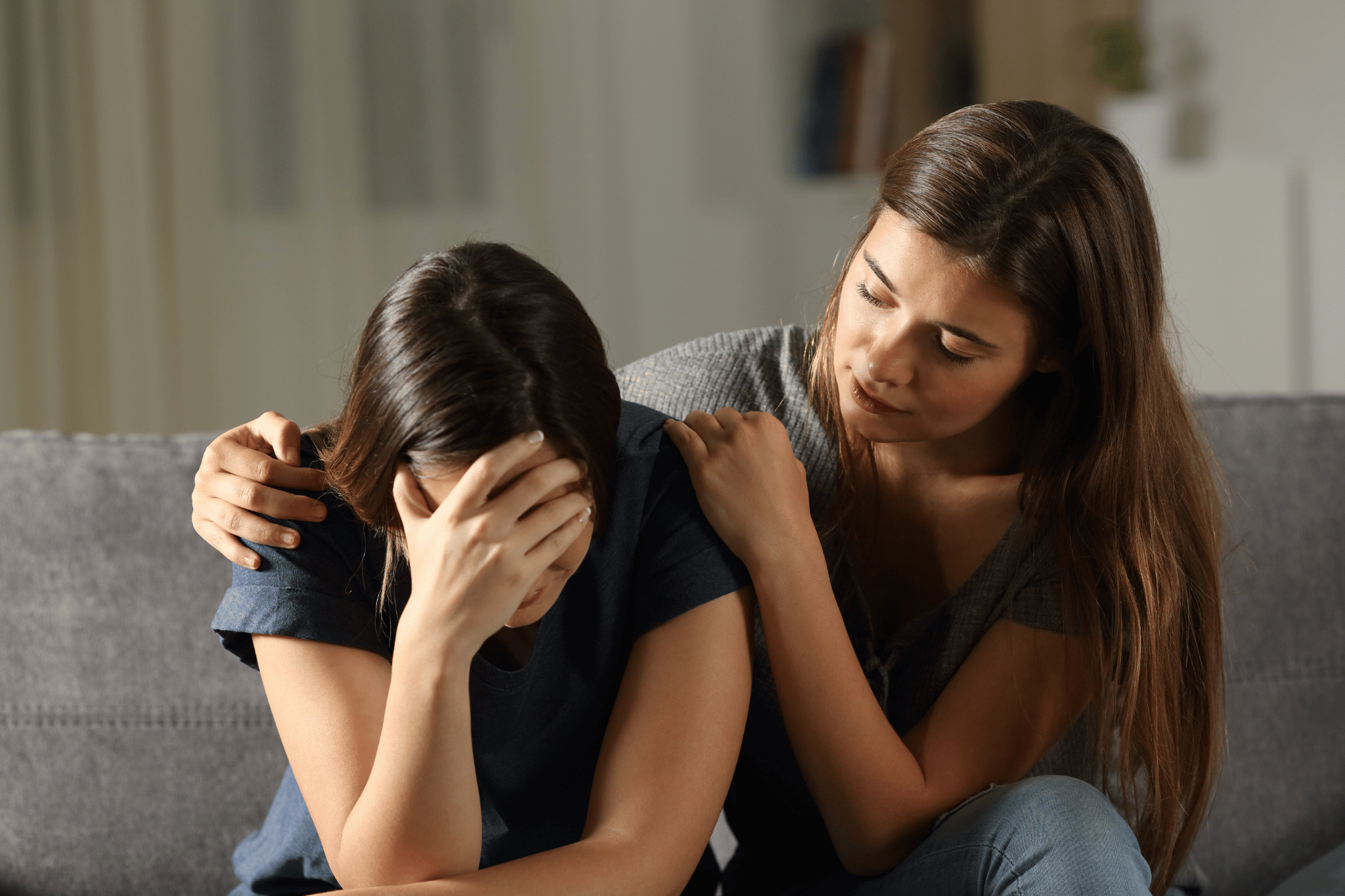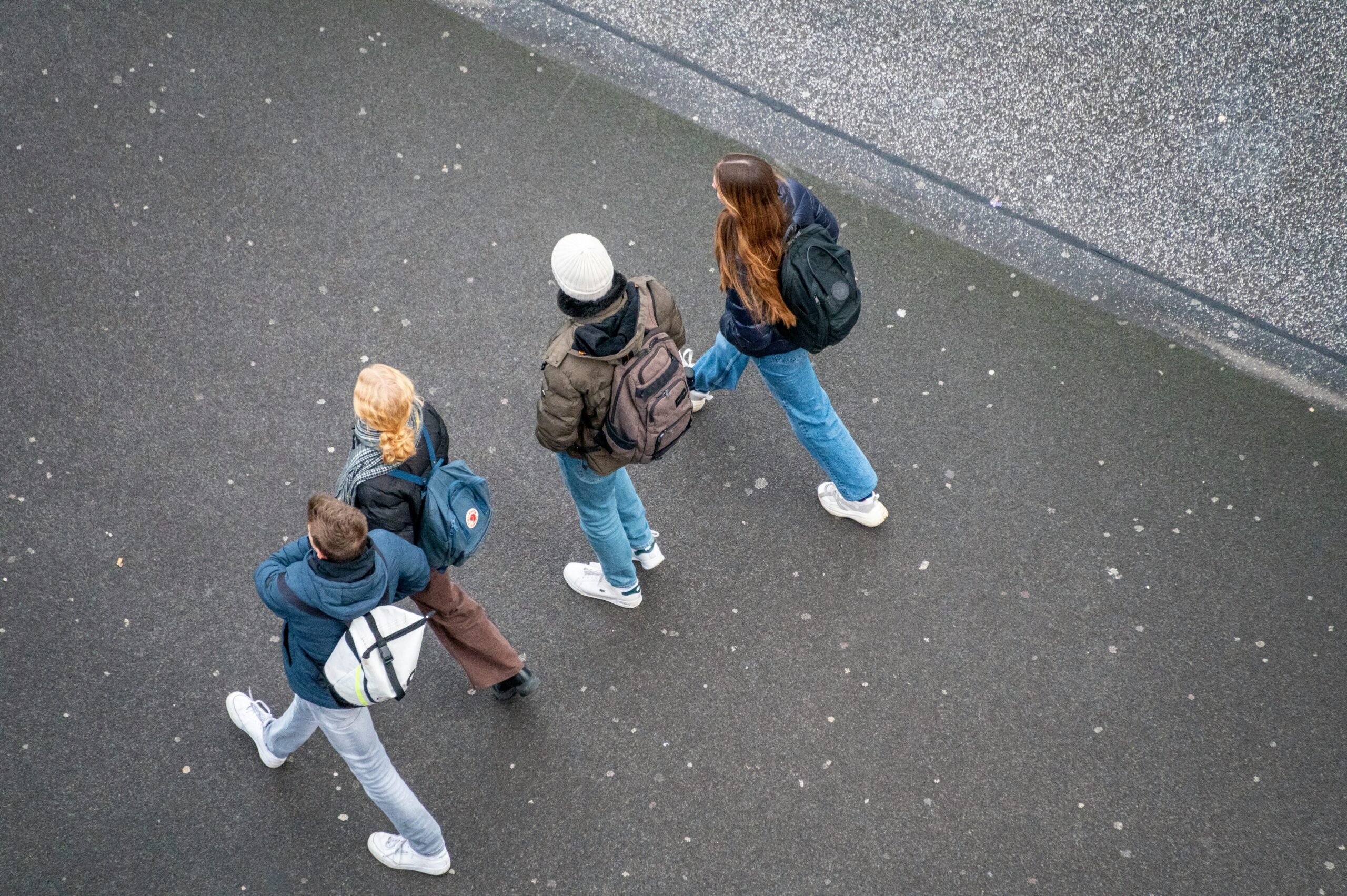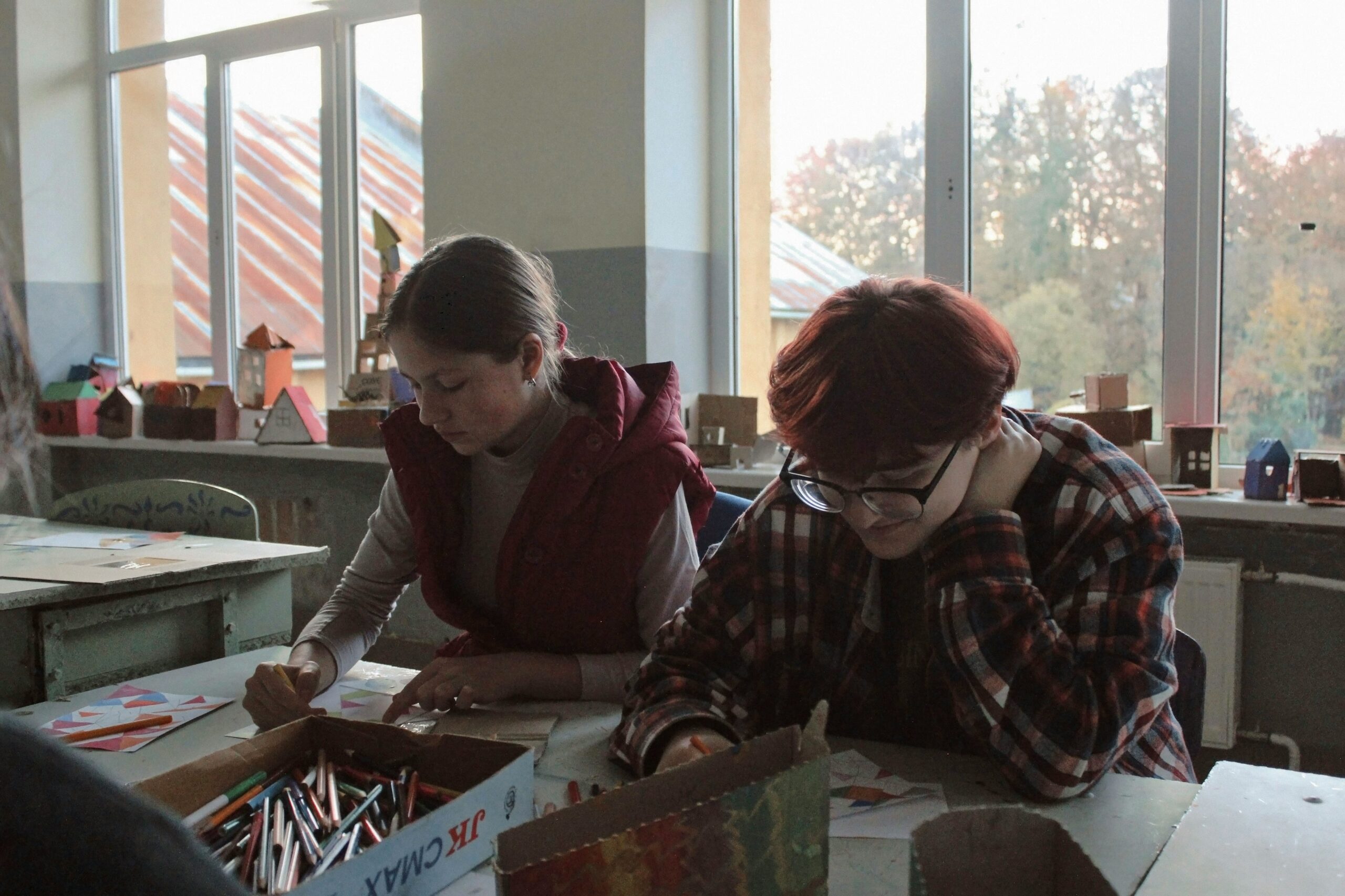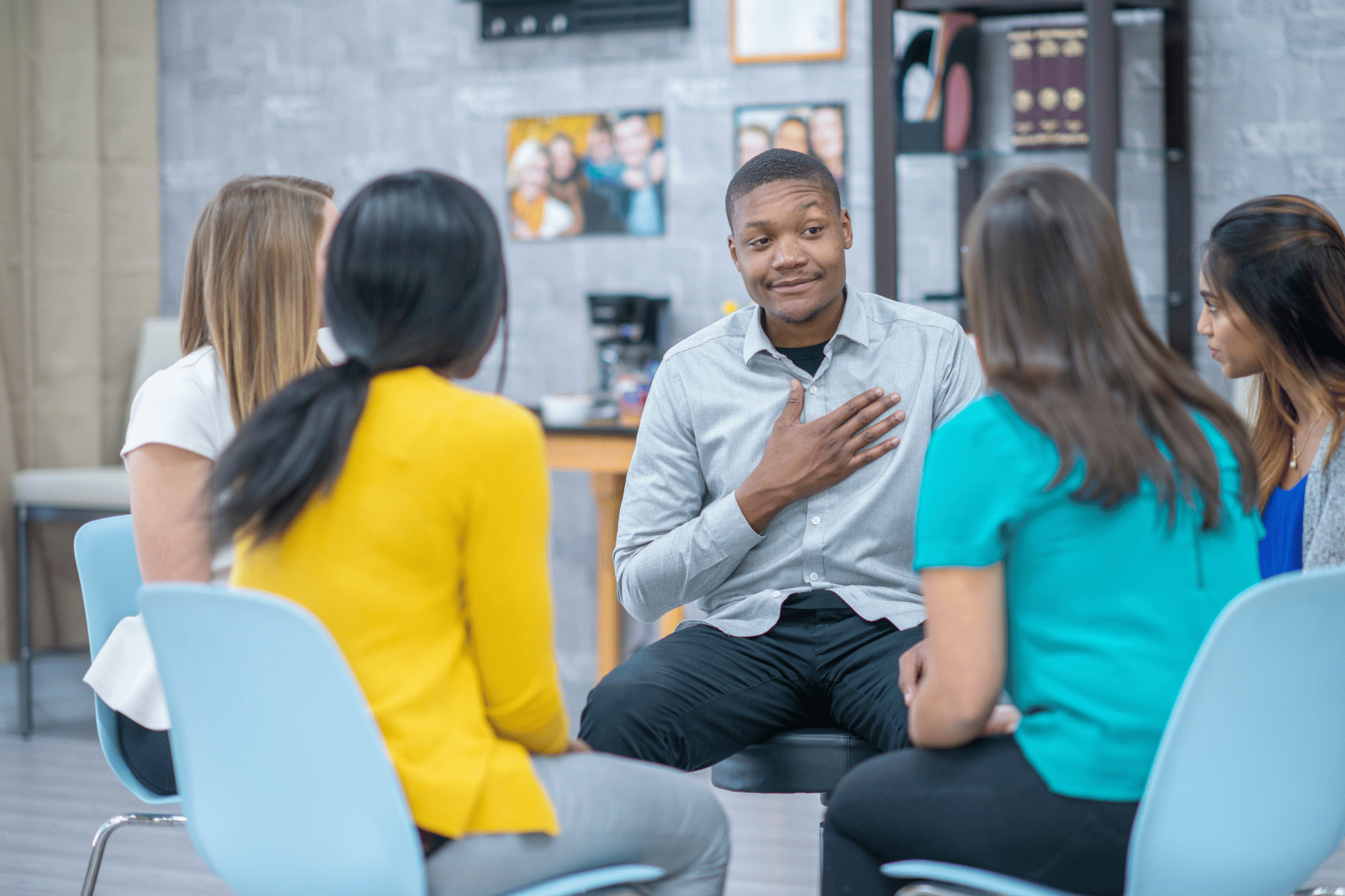Transformative Teenage Group Counseling for Lasting Change
Adolescence is a time of emotional change, identity development, and social pressure. When teens face challenges like anxiety, substance abuse, grief, or social isolation, teenage group counseling offers a structured and safe space for healing and personal development. At Adolescent Mental Health in Orange County, our therapy programs help teens build emotional insight, manage stress, and strengthen social skills in a supportive community setting.
Key Takeaways
Teenage group counseling helps with anxiety, depression, substance abuse, and emotional behavior problems.
Groups are led by licensed therapists, also called facilitators, who use evidence-based methods.
Sessions promote peer support, group cohesiveness, and emotional expression in a safe space.
Activities build skills in emotion regulation, empathy, confidence, and conflict resolution.
What Is Group Therapy?
Group therapy involves several teens working together with one or more trained therapists. It focuses on shared experience, structured interaction, and the development of mental health, coping, and communication skills. Unlike individual therapy, group sessions offer opportunities for peer support, empathy, and real-time feedback.
Teens process emotions like anger, shame, fear, and sadness while developing emotional awareness and understanding. It’s also a powerful method to reduce loneliness, isolation, and suicidal ideation.
How Teen Group Therapy Works
Each teenage group counseling session typically includes 6 to 10 participants. Teens meet in a safe space, guided by a licensed therapist or facilitator, to work on shared goals such as stress management, emotional control, and improved social skills.
Sessions may include open conversations, structured activities, icebreakers, or expressive exercises like art therapy or music therapy. Teens learn through shared conversation, group reflection, and hands-on practice.

Types of Teen Group Therapy Modalities
Our program offers various modalities to meet the diverse needs of adolescents:
Cognitive Behavioral Therapy (CBT): Changes harmful thought patterns to improve behavior.
Dialectical Behavior Therapy (DBT): Builds anger management, mindfulness, and distress tolerance.
Adventure Therapy: Uses outdoor activities for confidence and goal setting.
Psychoeducational Groups: Provide facts about mental health, addiction, and emotional development.
Expressive Therapies: Art therapy, music, and journaling allow emotional release and self-awareness.
Each method addresses different areas of cognition, emotion, and behavior to support lasting change.
The Importance of Addressing Adolescent-Specific Concerns
Teens deal with unique mental health risks—peer pressure, academic pressure, identity struggles, and emotional instability. Issues like substance abuse, panic, or mood swings may point to deeper conditions such as bipolar disorder or depression.
Teen group therapy directly addresses these age-specific stressors using activities that match their stage of development. Education, group reflection, and shared experience reduce shame and increase motivation for change.
An Alternative to Traditional Individual Therapy
Group therapy provides teens with peer support and social skills training in a real-time, interactive setting. Some teens feel more at ease talking in a group than in one-on-one sessions.
By watching others share openly, teens gain emotional insight, learn stress management strategies, and build confidence in speaking up. Group counseling becomes a space for exploration, practice, and emotional growth.

Advantages and Positive Outcomes of Teen Group Therapy
Teens who participate in group therapy often see improvement in:
Confidence and self-esteem through positive feedback and social success
Reduced stress, anxiety, and emotional outbursts
Stronger cognition and communication through structured exercises
Lower rates of addiction, substance abuse, and social isolation
Better anger management, motivation, and emotional awareness
The group dynamic allows teens to feel understood and validated in ways that support long-term healing.
Improved Communication Skills Among Participants
Teens develop key interpersonal skills through activities that involve active listening, emotional sharing, and respectful dialogue. These skills help in family dynamics, school interactions, and relationships with peers.
With practice, teens improve conversation, empathy, and problem solving, leading to better self-expression and conflict navigation.
Increased Self-Esteem Levels in Teenagers
Validation from peers boosts emotional confidence. When teens share openly and receive support, they begin to see their own worth.
This positive reinforcement helps shift negative beliefs, reducing internalized shame and improving the teen’s mindset and self-image.
Icebreakers and Warm-Up Activities
Icebreakers create a welcoming space and reduce anxiety. Activities like:
“Two Truths and a Lie” build trust and group cohesiveness.
Emotion word games help teens identify and label feelings.
Collaborative storytelling improves imagination and communication.
These exercises allow teens to lower defenses and engage more openly with others.

Skill-Building Activities
Our sessions often include structured exercises to promote mental and emotional growth, such as:
Conflict resolution role-playing
Mindfulness and meditation sessions for stress management
Worksheets for identifying emotional triggers and creating action plans
Progressive muscle relaxation for calming the nervous system
These activities help teens build practical tools for daily management of emotions and situations.
Expressive Arts Activities
Teens are encouraged to explore their mind, identity, and emotions through creative outlets. Popular activities include:
Art therapy using drawing or painting to process feelings
Music therapy that supports emotion regulation and focus
Group collages that represent shared experiences or personal values
These methods increase awareness, emotional clarity, and connection with others.
Teen Group Therapy in Orange County
At Adolescent Mental Health, we create a safe space for teens to explore their identity, emotions, and relationships. Our licensed health care professionals use proven techniques to support healing, build social skills, and reduce emotional distress.
If your teen struggles with stress, addiction, peer pressure, or mental health concerns, our teenage group counseling program can provide the structure, support, and empowerment they need to grow.
Contact us today to learn more about our group therapy options and get started with compassionate, evidence-based care in Orange County.
FAQ: Teenage Group Counseling
1. What are the benefits of teenage group counseling?
Teenage group counseling helps teens develop social skills, emotional awareness, and confidence. In a supportive space, they learn how to manage stress, communicate effectively, and cope with difficult feelings. The group setting encourages empathy, peer support, and shared learning, which can reduce loneliness and boost motivation.
2. How does group therapy help teens with mental health issues?
Group therapy allows teens to express their emotions, thoughts, and challenges while receiving guidance from a licensed therapist. It provides structure for practicing stress management, anger management, and conflict resolution. Teens also benefit from hearing others’ stories, which builds understanding and emotional insight.
3. What types of issues are addressed in teen group therapy?
Teen group therapy addresses a range of concerns, including depression, anxiety, substance abuse, social isolation, grief, and identity issues. It can also help with peer pressure, behavior problems, low self-esteem, and symptoms of conditions like bipolar disorder. Sessions are designed to match the needs of adolescents.
4. Is group therapy effective for teens who are shy or withdrawn?
Yes, group therapy can be especially helpful for shy or socially anxious teens. The use of icebreakers, art therapy, and structured activities creates a welcoming space that encourages gradual participation. Over time, teens build trust, practice communication, and gain the confidence to engage more fully.









